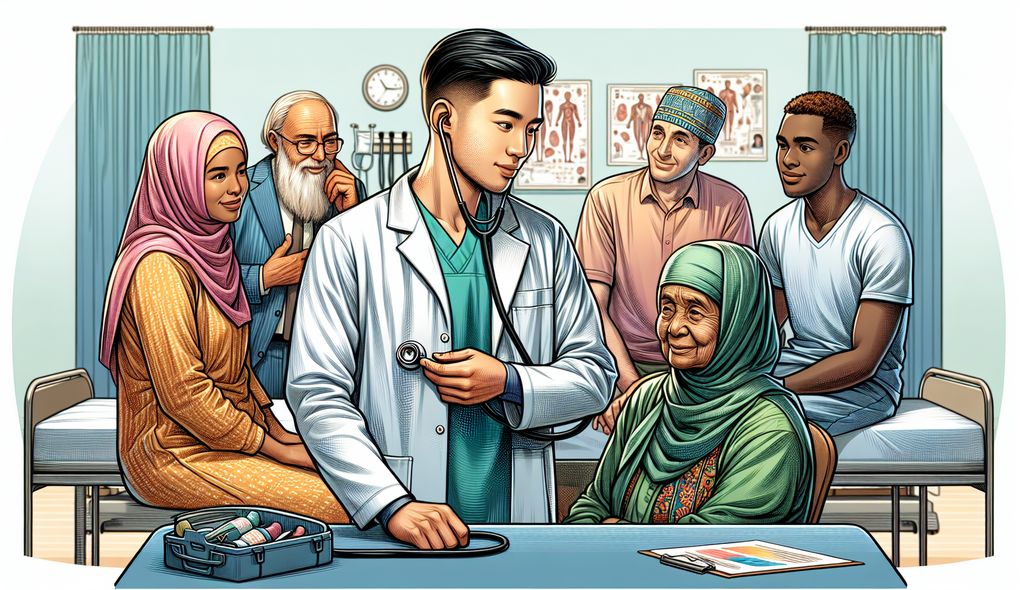What strategies do you use to build trust and rapport with patients?
JUNIOR LEVEL

Sample answer to the question:
To build trust and rapport with patients, I make it a priority to establish a warm and friendly demeanor from the moment I meet them. I introduce myself, maintain eye contact, and actively listen to their concerns. I also take the time to explain the treatment options and answer any questions they may have. I believe in treating patients with compassion and empathy, understanding that each individual has unique needs and preferences. Additionally, I ensure that I am knowledgeable about their medical history and take the time to review it before each visit. By demonstrating my expertise and actively involving patients in their care, I strive to create a collaborative and trusting relationship.
Here is a more solid answer:
Building trust and rapport with patients is essential in providing quality care. I start by actively listening to their concerns and making sure they feel heard. I take the time to explain their healthcare options clearly, using plain language to ensure understanding. I believe in treating patients with empathy and compassion, recognizing their individual needs and preferences. Additionally, I make it a point to review their medical history before each visit, enabling me to provide personalized care and address any potential issues or concerns. By establishing open and honest communication, demonstrating genuine care, and incorporating their input into their treatment plans, I aim to build a strong foundation of trust and rapport with my patients.
Why is this a more solid answer?
The solid answer expands on the strategies mentioned in the basic answer by providing specific details and examples. It emphasizes the importance of effective communication, using plain language, and actively involving patients in their care. It also highlights the significance of reviewing patient history to provide personalized care. However, it could further improve by including an example of how the candidate has successfully built trust and rapport with patients in the past.
An example of a exceptional answer:
Establishing trust and rapport with patients is crucial for fostering a successful healthcare partnership. One of the strategies I employ is active listening, which allows me to understand their concerns, fears, and expectations fully. I use empathetic language and non-verbal cues to show that I genuinely care about their well-being. Another strategy is to provide comprehensive and easily digestible information about their health conditions and treatment options, ensuring they feel empowered and informed. By taking the time to learn about their personal lives, hobbies, and aspirations, I create a more personalized and holistic approach to their care. Lastly, I follow up consistently to address any questions or concerns, demonstrating my commitment to their well-being.
Why is this an exceptional answer?
The exceptional answer goes above and beyond by providing additional strategies to build trust and rapport with patients. It emphasizes active listening, empathetic language, and personalized care. It also highlights the importance of comprehensive patient education and consistent follow-up. The answer demonstrates the candidate's deep understanding of building trust and rapport with patients.
How to prepare for this question:
- Familiarize yourself with active listening techniques and practice them in your daily interactions.
- Develop your empathy skills by putting yourself in others' shoes and practicing kindness and understanding.
- Stay up-to-date with medical knowledge and be prepared to answer patients' questions confidently.
- Take the time to review patients' medical history before each visit to provide personalized care.
- Consider collecting and documenting non-medical information about patients to make the interactions more personalized and meaningful.
What are interviewers evaluating with this question?
- Communication Skills
- Empathy and Compassion
- Knowledge of Patient History

